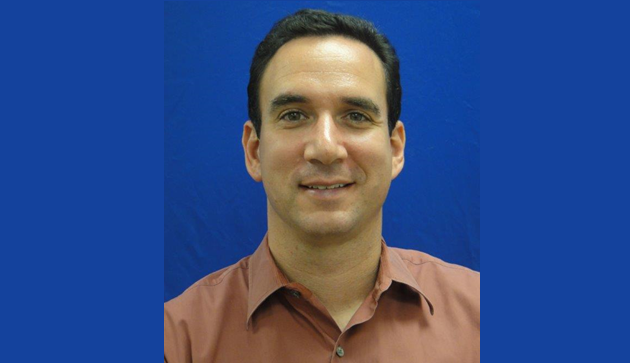“Eating is a small good thing, in a time like this.” -Raymond Carver, A Small Good Thing
HM 2014 in Vegas delivered on its expectations. Big city, big glitz, big turnout, and big ideas. The largest SHM conference yet, with plenty of opportunities to network, learn, while gorging on big bacchanal buffets.
I leave these conferences ready to save the world. In the past, these conferences helped inspire me to bring Project BOOST, or glycemic management, or VTE prevention projects back to my hospital. All big projects, needing big teams and big commitments. They all achieved a measure of success, but became complex fast, and difficult to control over time; they certainly weren’t starter projects.
I think twice before beginning big, complex projects today. In the world of big systems, with hospitals merging, I witness the small community and culture getting lost. The ability to be nimble, form a small team, and affect change in the vast new sea seems murky. The big projects become an uncatchable whale. Instead of meeting with a local team, 12 hospitals get together around a table, or more likely on a phone line, where no one really knows anyone, and it takes months to get anything off the ground.
But what if I think smaller?
Raymond Carver’s short story, A Small, Good Thing, reminds me that small moments can be powerful. In the story a mother and father face their nightmare when their young son lies in a coma following a sudden trauma the day before his birthday. The story takes us through the family’s torture holding vigil at the boy’s bedside and his eventual death. The loss of an innocent, young child stands as the hardest emotional wallop a parent could face. There are no answers for the absurdity, but it does lead to a small, good thing. The family unexpectedly breaks bread with the baker who couldn’t understand why the birthday cake he was working on days earlier was never picked up. The nourishment provided by the baker fills their emptiness, even if ever so slightly, ever so briefly.
As physicians, we understand we are making a difference daily, in the most simple of interactions: sitting for a longer period explaining an illness; visiting a patient multiple times a day; calling after discharge; and lingering at the bedside a bit longer to hold a patient’s hand. These gestures are why we are in the hospital and what makes us professionals and compassionate doctors.
I enjoy those rare chances to deliver the (cold) food tray into a patient’s room, the tray that was dropped off on the chart rack outside an isolation room for who knows how long. Then watching my patient smile from seeing their breakfast arrive, from their doctor, particularly after they are just starting to feel hungry for the first time in a week. Pure joy. Better than any score.
The patient’s bedside becomes our daily small quality improvement project, where we are having a positive impact every day. We can provide that nourishment daily. I personally find solace in many of these small moments with my patients.
In the quality world, it’s the small projects that can keep us motivated as well. I hear many folks that aren’t sure where to begin, paralyzed by daunting projects. Or sometimes the reverse (which has happened to me) when you find that a big project needs more time than you have, or more support than the hospital leadership is able to offer. Perhaps it’s time to think small, and find a smaller project that may lead to success.
I would recommend picking something from the SHM Choosing Wisely list, working on one hospital unit, or working on something internal within your hospitalist group (i.e. rounding model, schedule changes, etc.) – something you can impact personally, or with a small team. Something that you could start today.
Go small. You’ll be thankful at the end of each day. Bring someone bread, break it together, and maybe even stay awhile.



I love this! I am very inpired. I want to read aloud at our hospitalist meetings.
Thank you!
BTW I never comment!
Brilliantly stated. Thank you for sharing your words of wisdom.